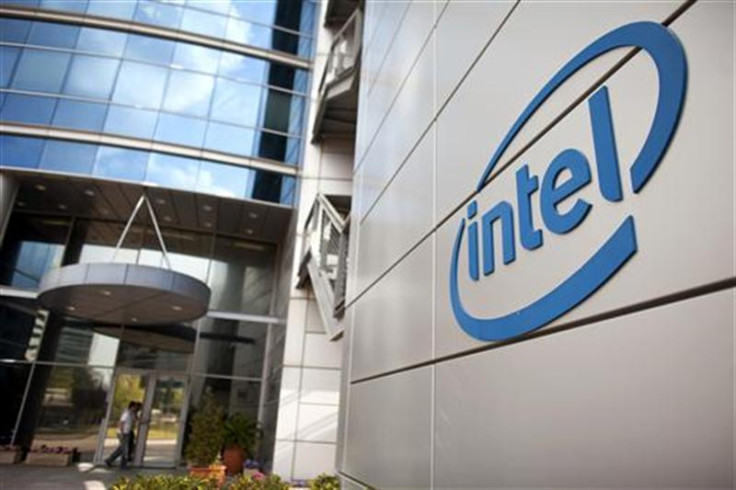OpColtan: Anonymous Hacktivists Leak Data from Intel against Mining in DR Congo

Anonymous hacking collective has claimed responsibility for hacking and leaking data from an Intel website in protest at the company's mining operations in DR Congo.
The hacktivists dumped personal information such as usernames, password, emails as well as a heap of emails and payments database on Privatepaste as part of Operation Green Rights, which Anonymous launched last year against major oil companies such as Exxon Mobil and ConocoPhilips.
With a statement on Pastebin, the collective slammed firms such as Apple, Intel, IBM, Nokia, Motorola, Samsung for indirectly causing the DR Congo's war in 1998.
Those companies use a mineral called coltan, or colombo-tantalite, to produce consumer durable and gadgets like mobiles, video-games, computer and home electronics.
Likened to blood diamonds, its mining has not only caused ecological damage, but also triggered the war in DR Congo, according to analysts.
Some aids groups estimate that over five million people have died since 1998 in the area.
Human rights groups launched in 2001 the "No blood on my cell phone" campaign in Europe to lobby for an embargo on so called "blood tantalum".
"We also know that, now, mining companies that provide coltan to Intel are working in DR Congo," reads the statement. "Intel says that from 2013 its coltan will come from conflict-free areas. So we ask to Intel: where do you take your coltan from 1999 to 2012? Why have not you developed a substitute for coltan in this last 13 years?"
The hacktivists also accused the giant computer firm of exploiting Congolese people who are forced to dig in bare hands in humane conditions, often suffering from terrible health problems.
"For Intel, exploiting DR Congo's people and devastating Nature in cheaper than develop new war-free technologies," the statement reads.
"We underline that also in 2011 Intel promise to stop immediately to use Congo's minerals. This never occurred. So in 2012 Intel promises another time to produce conflict free processors from 2013."
Anonymous also attacked Traxys, a company that offers logistical and financial services to the mining and energy industries.
Traxys pledged on 8 May 2012 to suspend the sourcing of minerals from DR Congo in order to accomplish with the Consumer Protection Act that promulgate new rules for the use of "conflict minerals" originating in DR Congo.
"The Traxys Group will not knowingly purchase material that contains conflict minerals that directly or indirectly finance or benefit armed groups in the DR Congo or an adjoining country," reads a press release by the company. "The Group will take steps to identify and assess risk in the supply chain and will make continued efforts to verify that minerals from the conflict region do not enter our supply chain."
Anonymous claims that Traxys is "lying" and it is proved by an email in the Traxy's database.
The email purportedly shows that the firm is "clearly interested in DR Congo's lead ore", and illegally moved the trading from Congo to Zambia to protect its reputation.
Anonymous' claim could not be independently verified.
For further news on Anonymous's recent activities, check out the IBTimes UK Cyber Warfare section.
UPDATE: Intel has released a statement to the IBTimes UK about Anonymous's claims:
"Regarding the URL mentioned, it was an old site that no longer exists; as it now redirects to our intel.com website," reads the statement. "Some emails and passwords were exposed, but claim of other data is not true. We've taken steps to correct the situation and notified those impacted."
© Copyright IBTimes 2024. All rights reserved.






